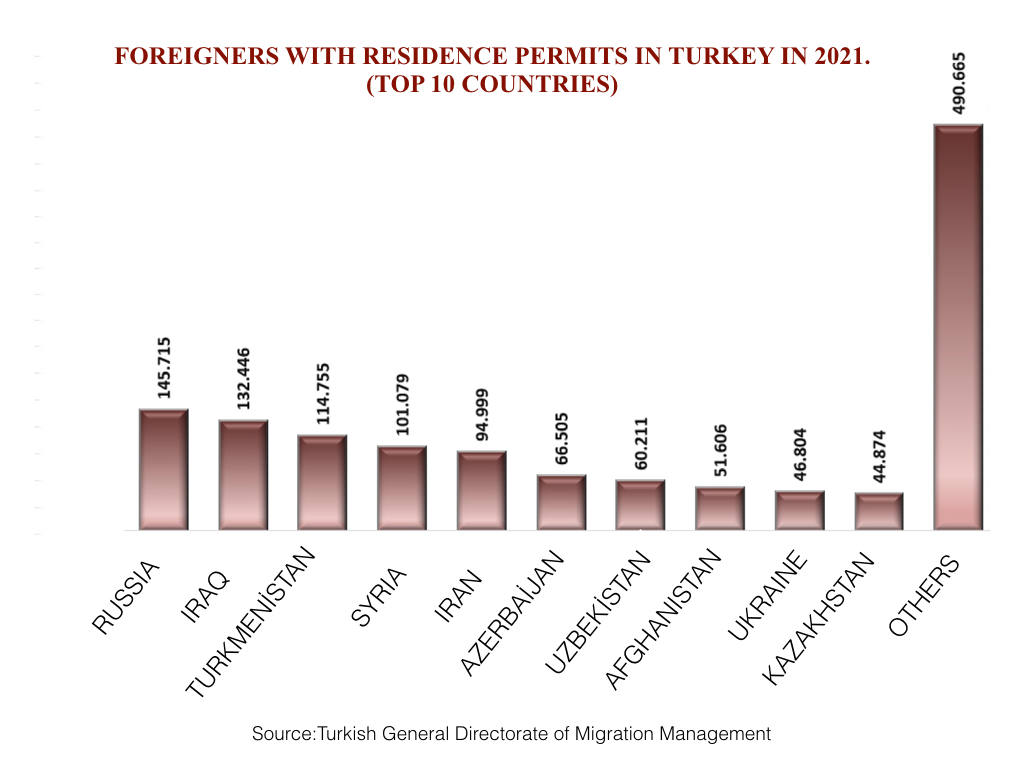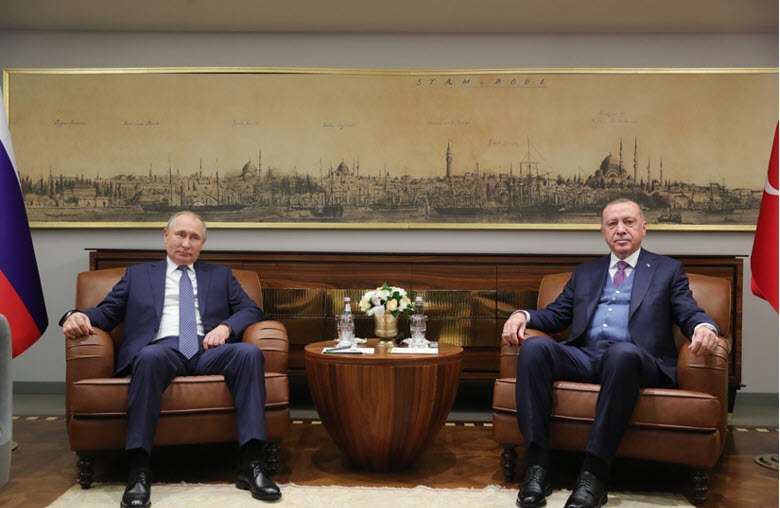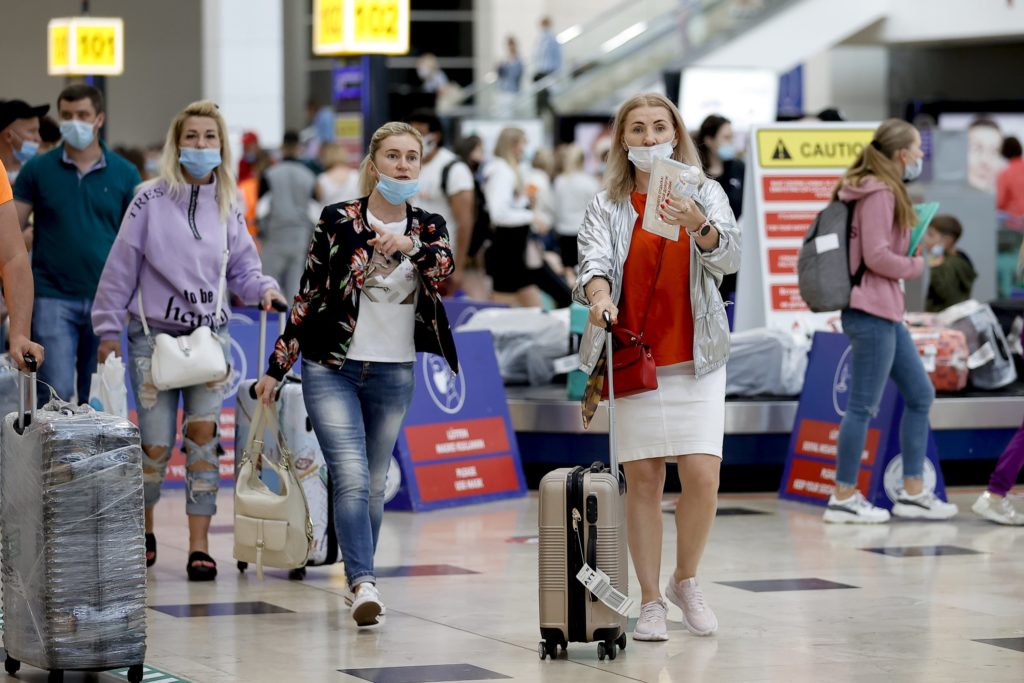Levent Kenneth/Stockholm
Russians will become the largest group of foreigners living in Turkey with a residence permit in 2022, up from sixth place in 2021. Turkey has become a safe haven, especially for wealthy Russians who had to leave the West because of sanctions imposed after Russia’s invasion of Ukraine. Similarly, Russians fleeing the war seem to prefer Turkey. The fact that the Turkish government has persistently and repeatedly declared that it will not participate in Western sanctions against Russia plays an important role in the increase in Russian residence permits.
According to official statistics obtained by Nordic Monitor, a total of 1,349,559 foreigners were granted residence permits in Turkey in 2022, compared to 1,314,181 in 2020. The most common type of residence permit was a short-term permit, which was granted to 941,290 people. Foreigners who own property in Turkey and tourists who extended their stay most frequently applied for short-term residence permits. There are 143,346 people in Türkiye with a student residence permit. Foreigners who are married to or have children with Turkish citizens benefit from family residence permits, which were issued to 100,398 people in 2022.

Russians will make up the largest group of foreigners with residence permits in Turkey in 2022, reaching 145,715 by the end of the year, more than double the 65,121 in 2021. Russians are followed by citizens of Iraq, Turkmenistan, and Syria.
Turkish President Recep Tayyip Erdogan apparently saw an opportunity to profit by offering Russians a lifeline to overcome restrictions and defeat sanctions. In March 2022, while returning from a NATO summit in Brussels, he urged Russian businessmen facing global sanctions to move their facilities to Turkey.
Turkey has also made it easier for foreigners to bring money into the country. A last-minute amendment in August 2022 extended the application process for Turkey’s wealth amnesty law, which expired on June 30, until March 31, 2023. The law covers the importation of foreign assets such as gold and foreign currency into Turkey. Banks, intermediaries, and the physical movement of banknotes. Beneficiaries do not pay taxes on reported assets. There is also no citizenship requirement to benefit from the Wealth Amnesty Act. Customs documents are sufficient to bring cash into Türkiye. It is therefore estimated that Russian and Iranian businessmen brought large amounts of assets to Turkey. This money brought to Turkey was mainly used to buy real estate, business, and gold.
A September Bloomberg article noted that mysterious financial flows to Turkey were at an all-time high, increasing by $5.5 billion in July alone, bringing the total for the first seven months of 2022 to $24.4 billion.
President Recep Tayyip Erdogan, who faces serious challenges in the upcoming election amid economic troubles, is seeking Russia’s help to increase cash reserves, repair his tarnished image and provide relief to consumers through sharp cuts in energy prices. Nordic Monitor reported in September.
 President Vladimir Putin and President Recep Tayyip Erdoğan (Republican)
President Vladimir Putin and President Recep Tayyip Erdoğan (Republican)
President Erdoğan told reporters on his way back from a trip to the Balkans in September that he was continuing to negotiate with Russian President Vladimir Putin about discounting natural gas prices. “Russia has not imposed any sanctions on us. I have discussed prices with him. [of gas deliveries]” he told reporters. “If he approaches this positively, this will be the ‘cream of the crop,’ because our goal is to provide our people with as much electricity and natural gas as possible on more favorable terms. is.”
Last month, Russia agreed to postpone payments on Turkey’s $20 billion natural gas debt until next year. Many political observers believe that Putin has offered Erdogan the financial support he needs to win re-election ahead of the 2023 presidential election.


